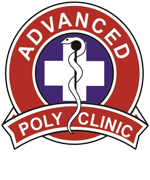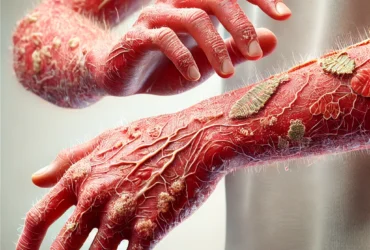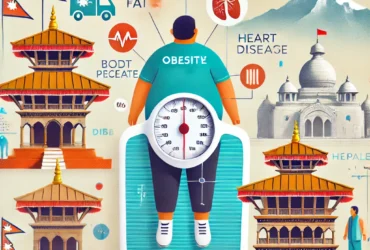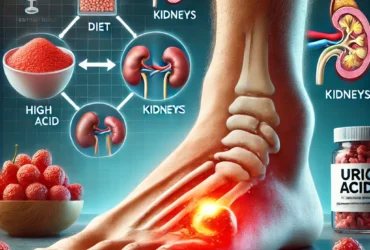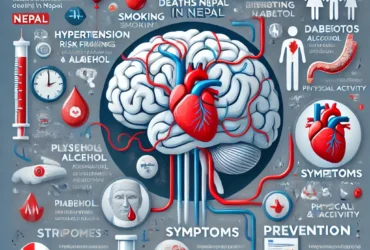Causes, Symptoms, and Prevention
What is HIV/AIDS?
HIV (Human Immunodeficiency Virus) is a virus that attacks the immune system, weakening the body’s ability to fight infections and diseases. If left untreated, it can progress to AIDS (Acquired Immunodeficiency Syndrome), the most severe stage of HIV, where the immune system becomes extremely weak, making the body vulnerable to life-threatening infections.
How is HIV Transmitted?
HIV spreads through the exchange of certain body fluids, such as:
- Unprotected sexual contact with an infected person.
- Sharing needles or syringes.
- Transmission from mother to child during childbirth or breastfeeding.
- Blood transfusions with contaminated blood (though this is rare with proper screening).
Symptoms of HIV
HIV symptoms can vary depending on the stage of infection:
- Acute HIV Infection (First Few Weeks)
- Fever, sore throat, rash
- Fatigue, swollen lymph nodes
- Muscle and joint pain
- Chronic HIV Infection (Latent Phase, Can Last Years)
- Mild or no symptoms
- Gradual weakening of the immune system
- AIDS (Advanced Stage of HIV)
- Rapid weight loss
- Chronic diarrhea
- Night sweats and persistent fever
- Frequent infections (e.g., tuberculosis, pneumonia)
HIV/AIDS in Nepal
HIV/AIDS remains a public health concern in Nepal, with key affected populations including migrant workers, injecting drug users, and sex workers. The government and health organizations have implemented awareness campaigns, free testing services, and access to antiretroviral therapy (ART) to control the spread of HIV.
Prevention Strategies
- Safe Sexual Practices: Use condoms and practice safe sex.
- Regular Testing: Get tested for HIV, especially if at risk.
- Avoid Sharing Needles: Use clean needles and syringes.
- Prevent Mother-to-Child Transmission: Pregnant women should get tested and seek medical care if positive.
- Education and Awareness: Know the facts about HIV/AIDS to reduce stigma and discrimination.
Treatment and Management
While there is no cure for HIV, antiretroviral therapy (ART) helps manage the virus and prevents it from progressing to AIDS. Early diagnosis and continuous treatment allow people with HIV to live long and healthy lives.
Where to Get Help in Nepal?
- Government hospitals and health centers offer free HIV testing and treatment services.
- NGOs and support groups provide counseling and community support for people living with HIV/AIDS.
Stay Informed, Get Tested, and Practice Safe Habits to Prevent HIV/AIDS!
